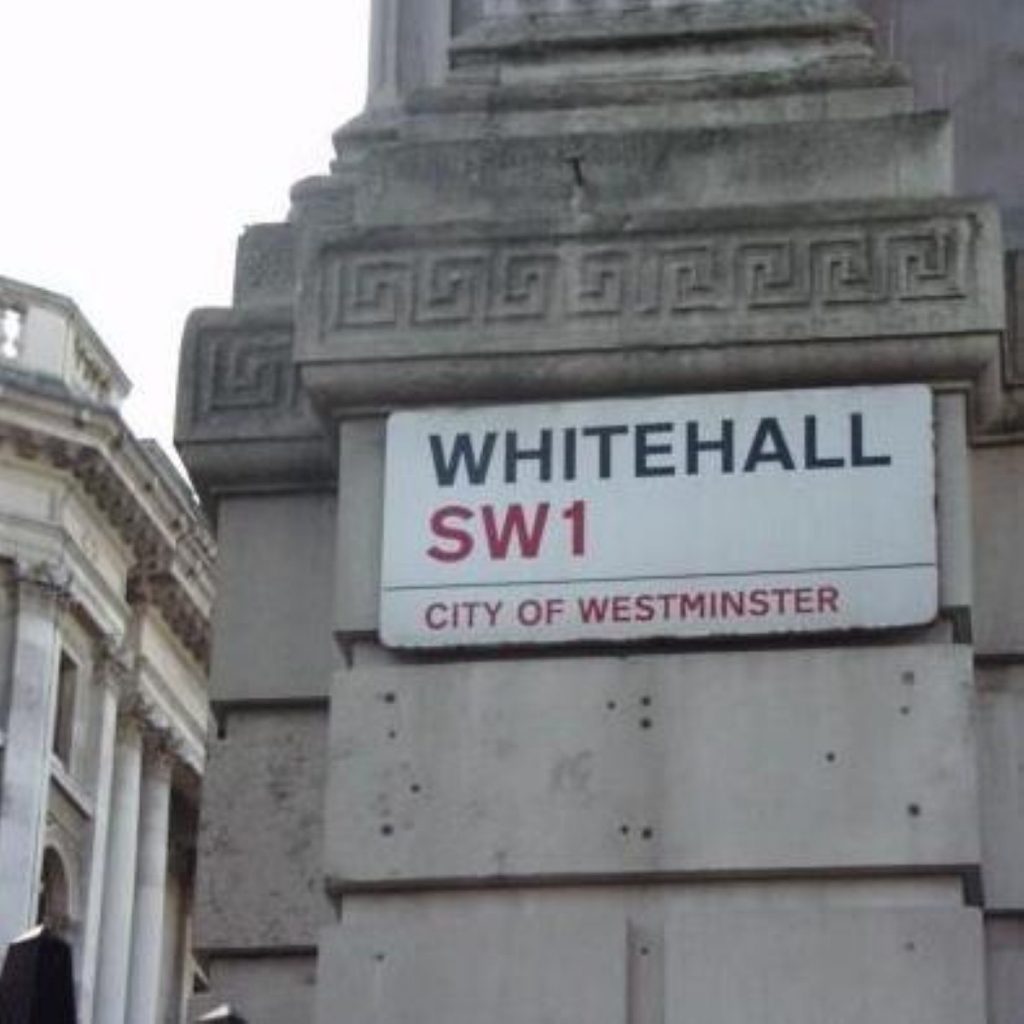‘Decentralise power’ to end blame game
By Emmeline Saunders
A clear decentralisation of power is paramount to ending Britain’s ‘blame the minister’ culture, a report has recommended.
A poll carried out by PricewaterhouseCoopers (PwC) and the Institute of Public Policy Research (IPPR) thinktank of more than 2,500 members of the public found if power is transferred to visible and accountable bodies, the public understands who is responsible.
Citizens tend to hold the government to account when public service delivery goes wrong, but ministers should not fear they will still be blamed after they have given away power to local bodies, the report concluded.


Dame Julie Mellor, a partner at PWC, said: “All [political] parties appear to support greater localism, but given the tendency to hold ministers accountable for all aspects of public service performance, it can be difficult for government to ‘let go’ in our centralised political culture.
“This research shows that it is possible to give power away from the centre and transfer accountability to other bodies if certain criteria are met.
“In particular it shows that it is possible to shift perceptions of accountability if de-centralisation is well publicised and if real powers are transferred to highly visible and accountable bodies.”
The poll showed that while Westminster is blamed when public services go wrong, it is not given credit for success.
The majority of respondents said the government was most responsible if NHS waiting lists got longer, police became less effective and exam results got worse.
The report recommended devolution to an elected body must be “wholesale and well publicised” if perceptions of accountability are to shift from Westminster.
The Scottish government and the mayor of London were highlighted as clearly defined and accountable public bodies.
The report argued: “Giving power away to quangos can work, but the independence is fragile and any government involvement moves accountability back to the government in Westminster.”
IPPR associate director Guy Lodge said: “This research gives some clear pointers as to how ministers can pursue the goal of decentralisation of power without fearing that when anything goes wrong they will be held accountable.”
Under the current parliamentary convention of ministerial individual responsibility, the failures of a department are ultimately the responsibility of the government minister in charge.









